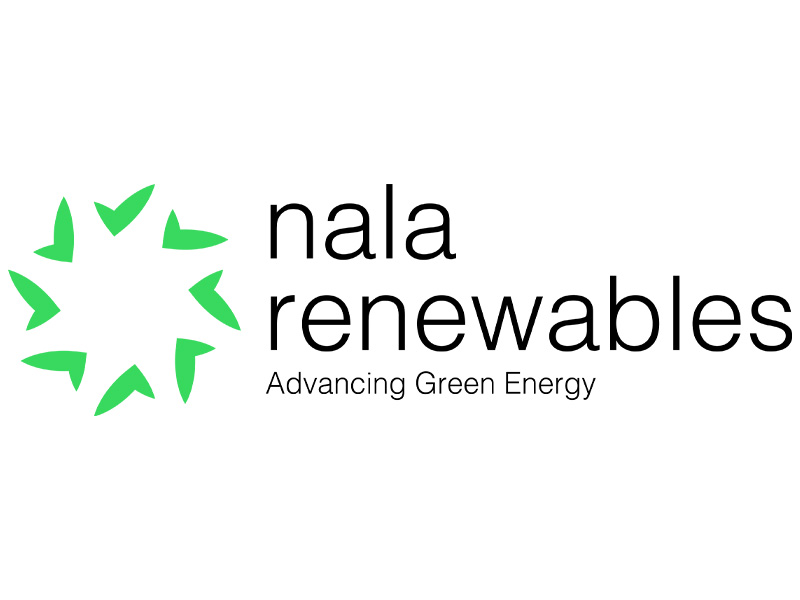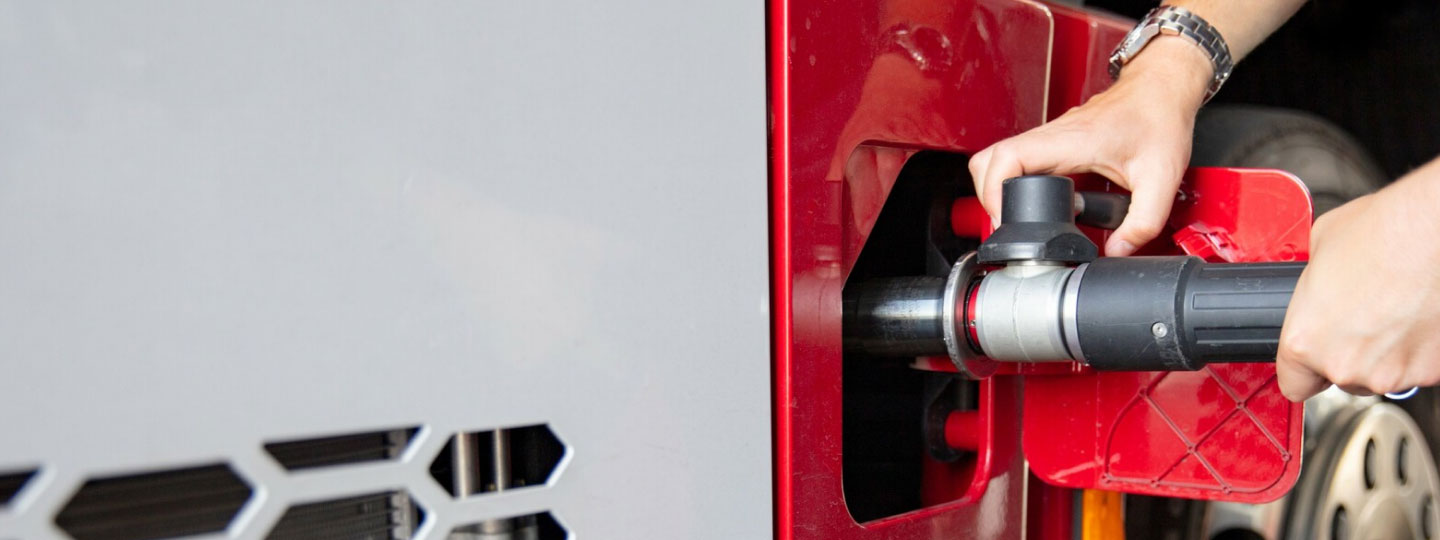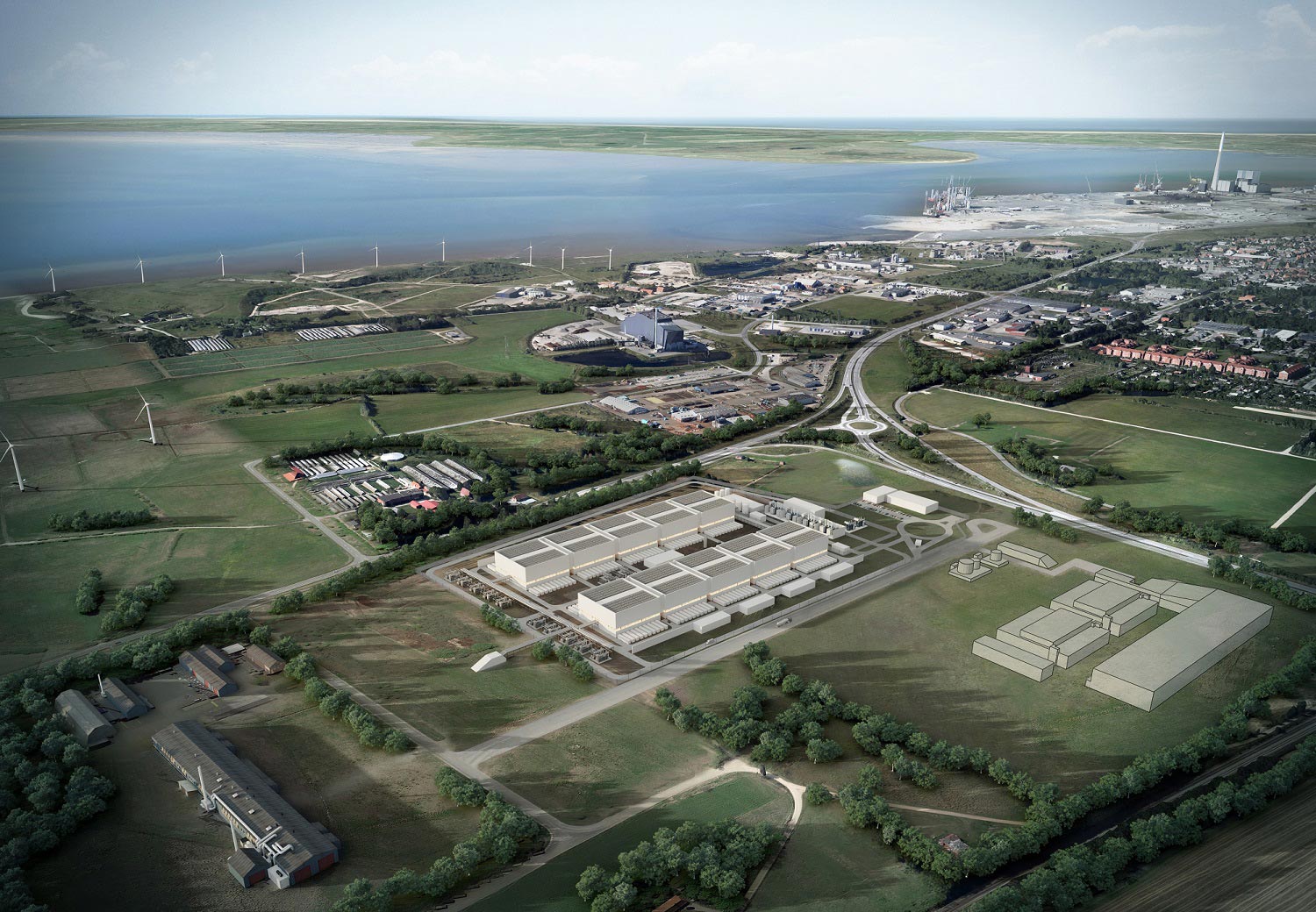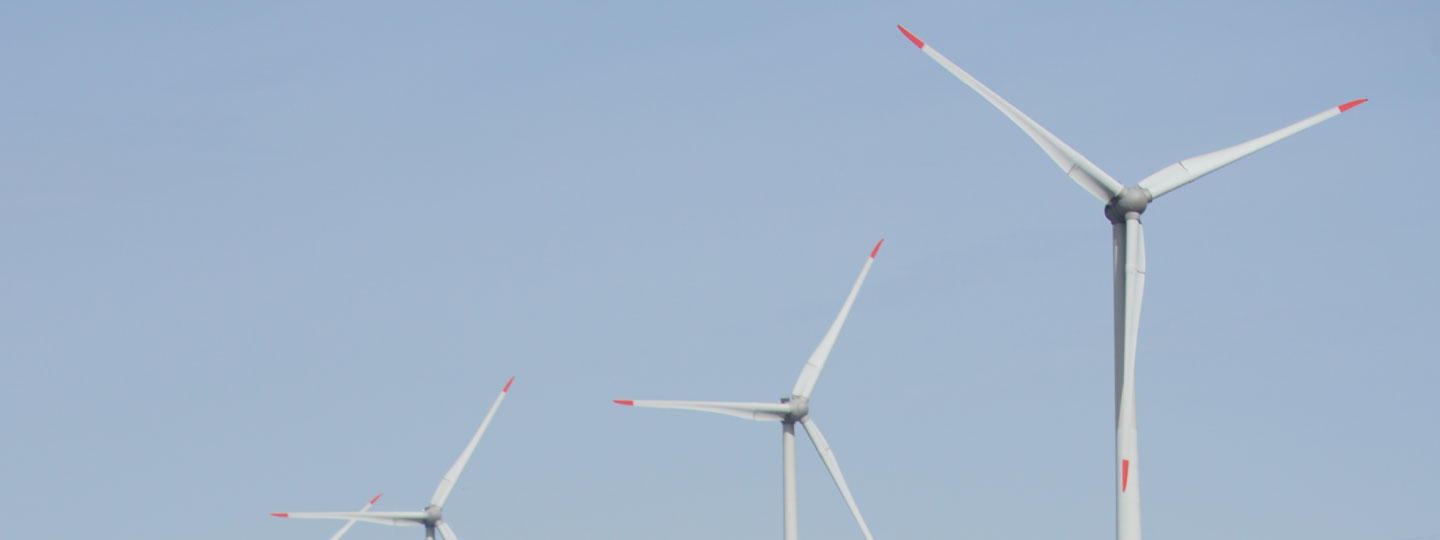Renewables and hydrogen
Changing the way energy is produced, by switching from fossil fuels to renewable power, is one of the most impactful changes needed to reduce greenhouse gas emissions and meet climate goals.
We are investing in low-carbon hydrogen, solar, wind, battery storage and emission reduction technologies to create more sustainable energy options for our customers. Our aim is to invest in low-carbon hydrogen projects with a total capacity of 3GW by 2030.
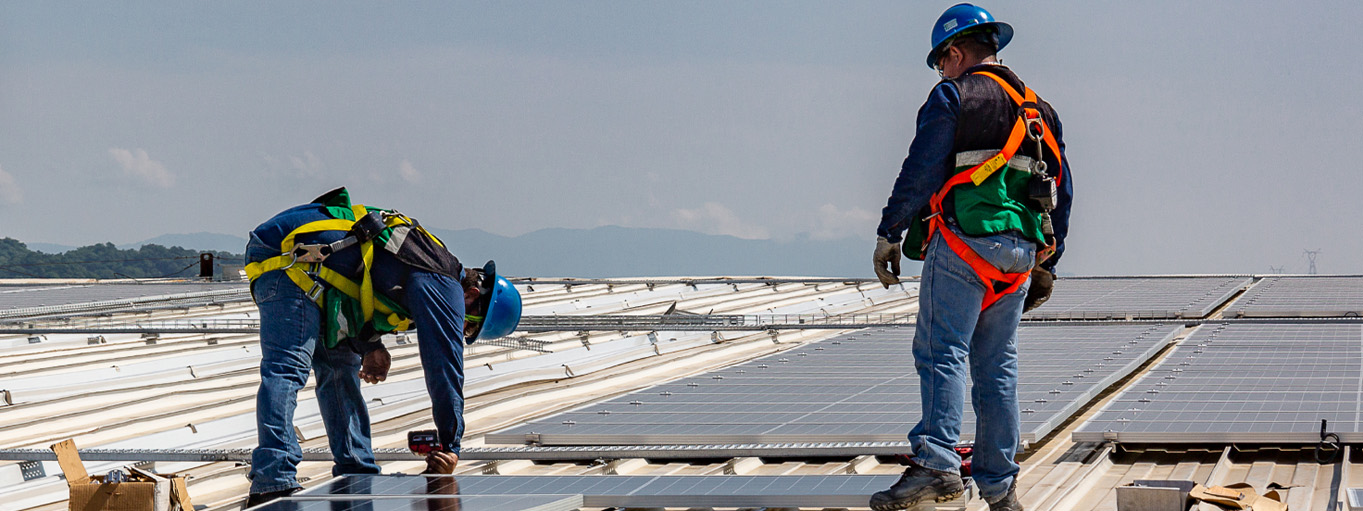
We are supporting the global shift to cleaner energy
We are investing in renewable power and clean energy technologies as part of the shift to a low-carbon economy.


We are helping to bring new transition technologies to market
Our venture capital fund is supporting the development of new clean energy technologies that have the potential to transform industries. Managed by our Energy Transition Research Group, we evaluate new technologies and business ideas related to hydrogen, energy storage, and carbon emissions.

Hydrogen
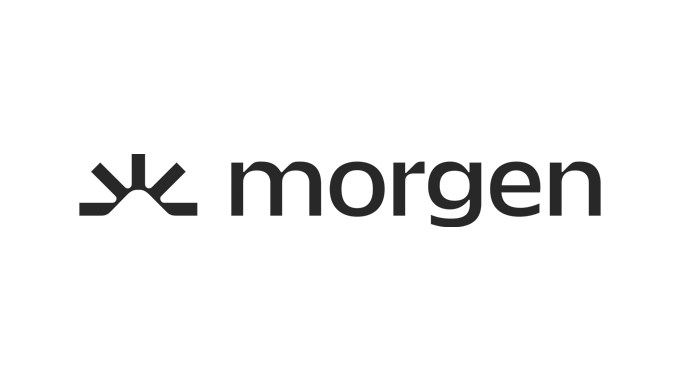









Energy storage






Greenhouse Gases Abatement

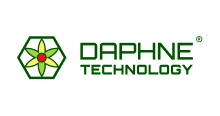




You may also be interested in
Explore our publications and get the latest news and insights.
